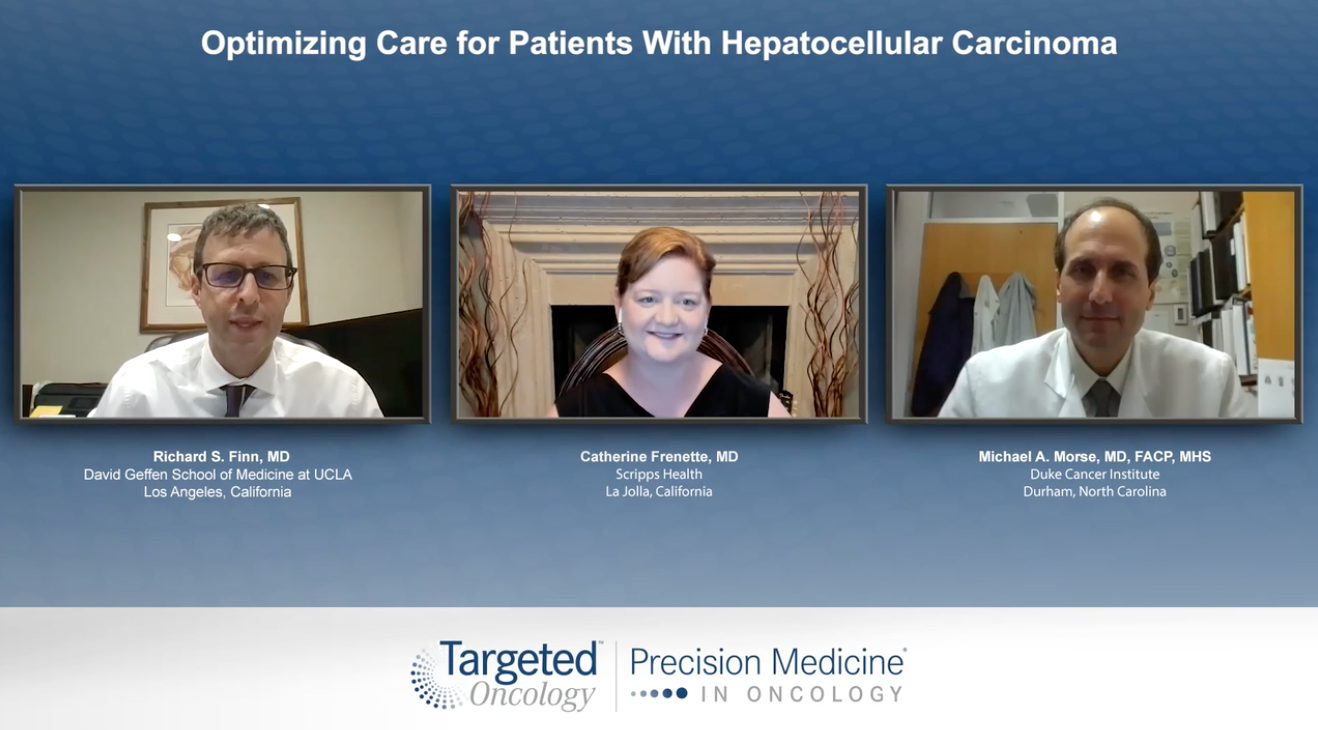Trending News on Targeted Oncology, Week of November 13, 2020
A review of the trending news in oncology online for the week of November 13, 2020, including recent news from the FDA on the cancer treatment paradigm, updates in oncology, and the latest information regarding COVID-19.

In FDA news, a Fast Track designation was granted to devimistat (CPI-613) for the treatment of patients with metastatic pancreatic cancer. The FDA also expanded approval of FoundationOne® Liquid CDx as a companion diagnostic for olaparib (Lynparza), which is currently indicated for the treatment of patients with BRCA1/2 and/or ATM alterations in metastatic castration-resistant prostate cancer.
Regulatory applications were submitted to the FDA and European Medicines Agency, seeking approval of a subcutaneous formulation of daratumumab in combination with pomalidomide and dexamethasone as treatment of patients with relapsed/refractory multiple myeloma who received at least 1 line of prior therapy.
These updates and others were trending this week:
Phase 3 Study Initiated to Explore Adjuvant Trastuzumab Deruxtecan in HER2+ Breast Cancer
On the heels of practice-changing data with trastuzumab deruxtecan in the DESTINY-Breast01 trial, a phase 3 study was initiated for a head-to-head comparison of fam-trastuzumab deruxtecan-nxki (Enhertu) versus ado-trastuzumab emtansine (T-DM1) as adjuvant treatment of patients with HER2-positive early breast cancer who have a high risk of disease recurrence and residual invasive disease in the breast or axillary lymph nodes following neoadjuvant treatment.
KEYNOTE-598 Study of Pembrolizumab Plus Ipilimumab Ends Early For Patients With Metastatic NSCLC
The phase 3 KEYNOTE-598 study of pembrolizumab (Keytruda) plus ipilimumab (Yervoy) in a population of patients with metastatic non–small cell lung cancer (NSCLC) has been discontinued for futility.
Testing, Clinical Trial Enrollment Challenges Recognized During Lung Cancer Awareness Month
In an interview with Targeted Oncology, David M. Waterhouse, MD, MPH, discussed the evolving role of genomic testing and related challenges in the lung cancer treatment paradigm as immunotherapies and targeted therapies continue to expand the field.
First-In-Class Targeted Therapy Shows Survival Benefit Advanced Gastric/GEJ Adenocarcinoma Subset
Three efficacy end points met pre-specified statistical significance in the phase 2 FIGHT study of bemarituzumab (FPA144) in combination with modified FOLFOX6 as treatment of patients with FGFR2b-positive non-HER2-positive frontline advanced gastric or gastroesophageal junction (GEJ) cancer.
Inhibitors of MET, RET, and TRK Now Enjoy Standard of Care Status in Lung Cancer
Alexander Drilon, MD, of Memorial Sloan Kettering Cancer Center in New York, discussed each of the recently approved agents used for the treatment of these tumors and presented a review of the data at the 15th Annual New York Lung Cancer Symposium.
Treating Patients With Prostate Cancer During COVID-19 Era Poses New Challenges
Monica L. Baskin, PhD, of The University of Alabama at Birmingham, addresses the biggest challenges in treating patients with prostate cancer during the coronavirus disease 2019 (COVID-19) era.
Evolving Approaches for HCC in the Molecular Medicine Era
Richard S. Finn, MD, Catherine Feenette, MD, and Michael A. Morse, MD, FACP, MHS, shared an in-depth discussion on the targeting of specific molecular pathways with newer, novel therapies to better manage patients with liver cancer.
Special Feature: COVID-19

COVID-19 Pandemic Creates Teachable Moment for Oncologists in Lung Cancer
Many challenges have arisen as a result of the COVID-19 pandemic, which is still impacting nations across the world. In the United States, oncologists have initiated research to provide wider understanding of the virus and the threat it poses to patients with lung cancer, according to Balazs Halmos, MD, during a presentation at the 15th Annual New York Lung Cancers Symposium.
COVID-19 Decreased, Delayed Cancer Identification and Treatment Delivery, Study Shows
Significant short-term disruptions in care delivery were observed during the COVID-19 pandemic, due to limited patient access to in-person care, a study published in JCO Clinical Cancer Informatics showed.

